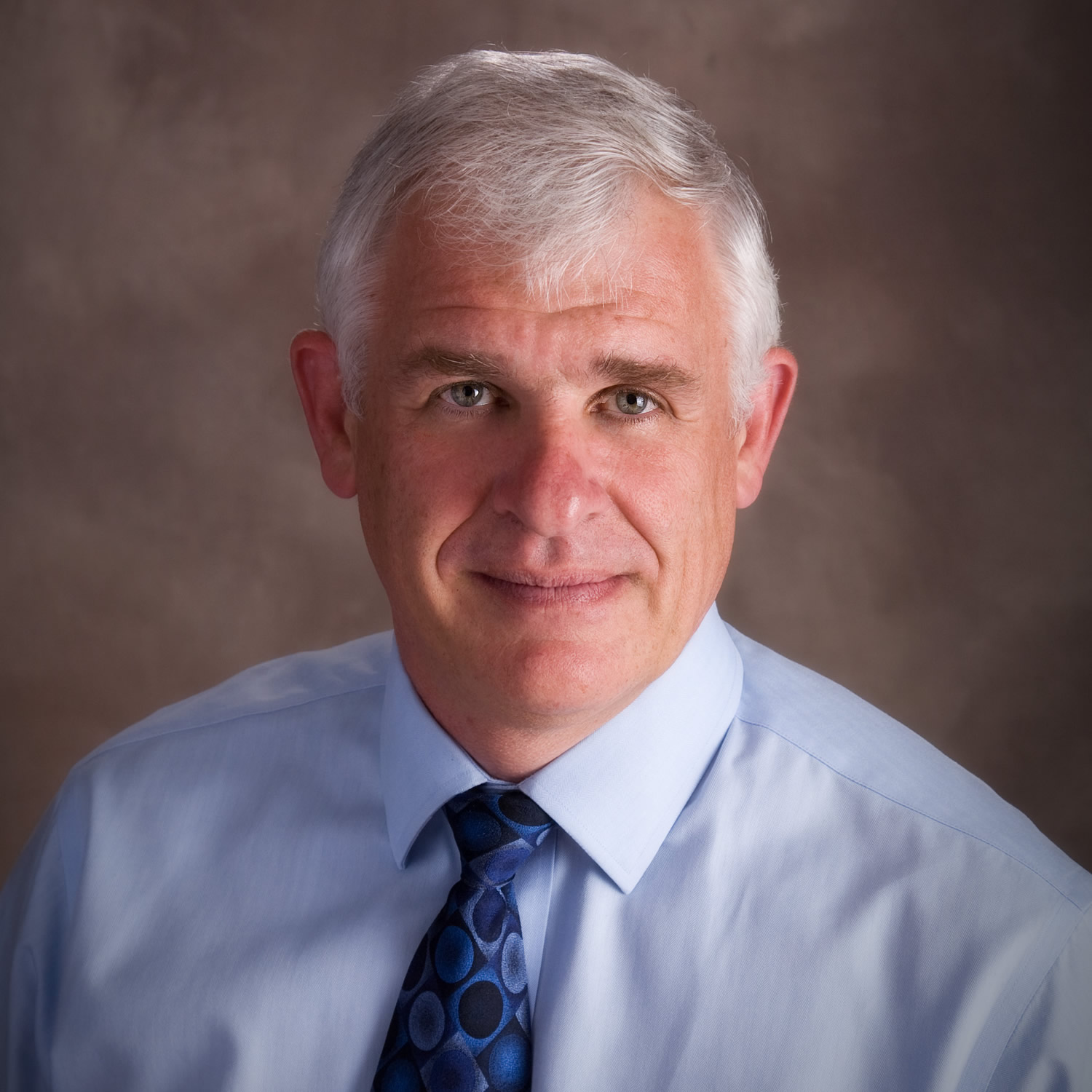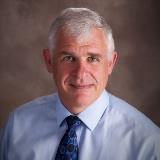Valuing the Voice of Experts

Can this societal movement where expertise is being devalued affect our ability as EHS professionals to do our jobs? Recent history is replete with examples of where the perspectives of experts were undervalued with tragic consequences — see "Predictable Surprises," Max Bazerman and Michael Watkins (2003), "The Field Guide to Understanding Human Error," Sidney Dekker (2006) and "Disastrous Decisions," Andrew Hopkins (2012).
What are some warning signs for us? What insights can you share to ensure that the knowledge of EHS professionals receives proper weighting in organizational decision making? A few questions come to mind:
- Is excellence in EHS part of the organizational culture? Is the CEO the number one advocate?
- Where in the organizational structure is EHS located? Is it within easy reach of the CEO?
- Does your EHS organization have access to all the knowledge you need to cover day-to-day operations? How do you know? Aggressive re-engineering can deplete expertise.
- For unusual situations, how do you know for sure you are engaging people with the expertise you need? At times, EHS "generalists" do not have the depth of knowledge required.
- How are the insights of EHS professionals sought out and used? Are they highly valued or easily discarded as "unrealistic"?
Topics:
Staffing & Structure
Related
Sponsored Content
About the Author

Alex Pollock
Alex Pollock has been studying leadership effectiveness for more than 30 years. A former leader in environment, health and safety, and public affairs at The Dow Chemical Co., he learned that we all have leadership roles to play. He enjoys discussing new ideas and sharing practical ways we can all become better leaders.

